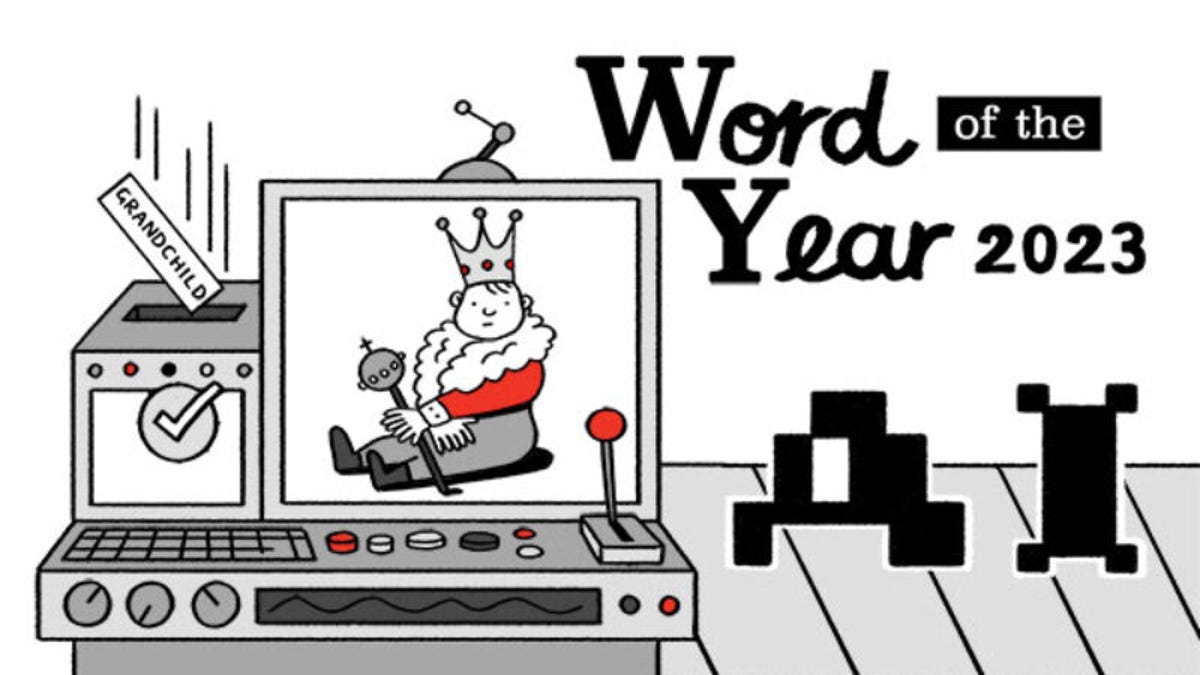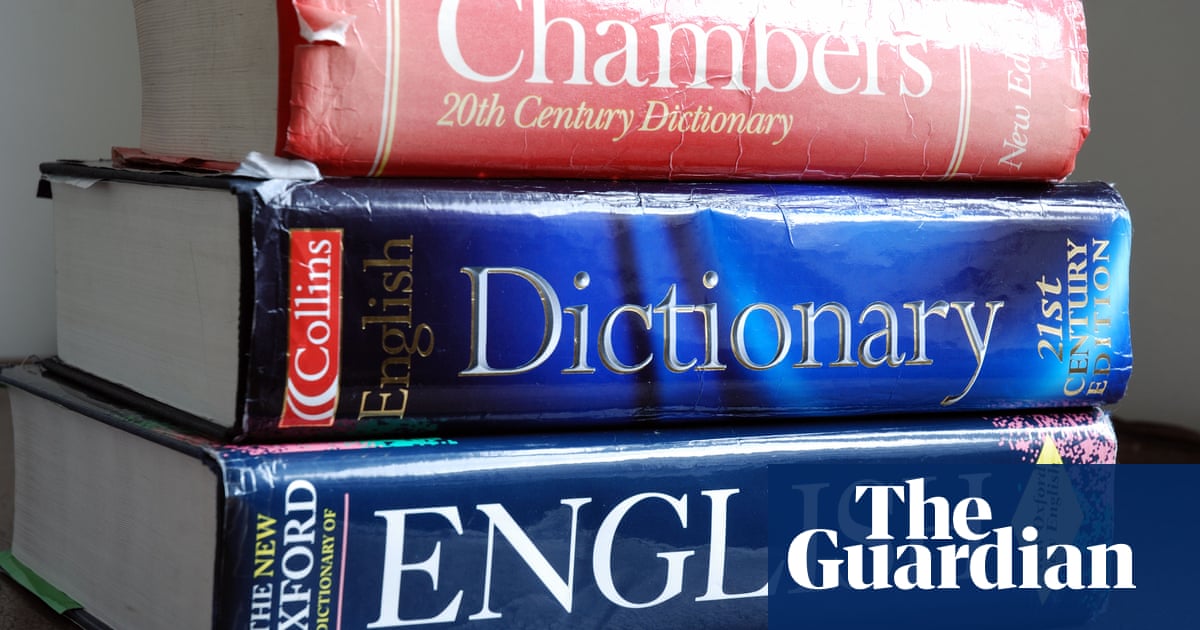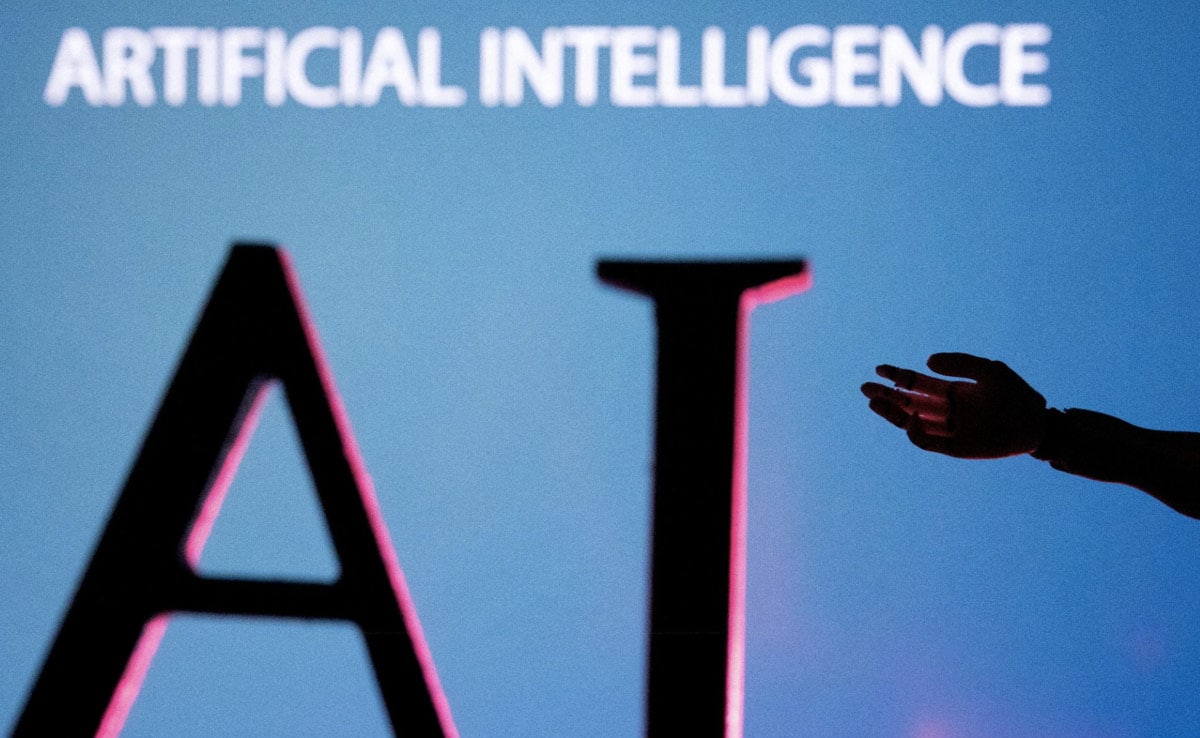The mornings are crisp. The days are shorter. Apples, pumpkins, and changing leaves abound in New England, where I live. And the fall books are here! Autumn is always a busy time of year for books, with publishers releasing their big titles in the hope of capturing the interest of readers shopping for the holidays or looking to curl up with a blanket and a good book as the temperatures drop. I’ve poured over the catalogs and galleys and highlighted just some of the best fall 2023 new releases in translation, and because there’s just so much to choose from, I’ve added notes for others you should seek out as well! There’s something for everyone this season, with novels you’ll want to sink into, excellent short story collections, and so much more.
This fall is especially stacked with big releases, and readers will be particularly excited to see new titles from favorite authors like Jhumpa Lahiri and Annie Ernaux and translators like Alison L. Strayer and Janet Hong. But don’t sleep on some of the exciting new voices on this list, too. I’ve included some authors new to English-language audiences as well. It seems like every year, the new titles in translation become more diverse and wide-ranging, especially when it comes to country of origin and language, and it’s a joy — and increasingly a wonderful challenge — to pick from them.
Fall 2023 New Releases In Translation
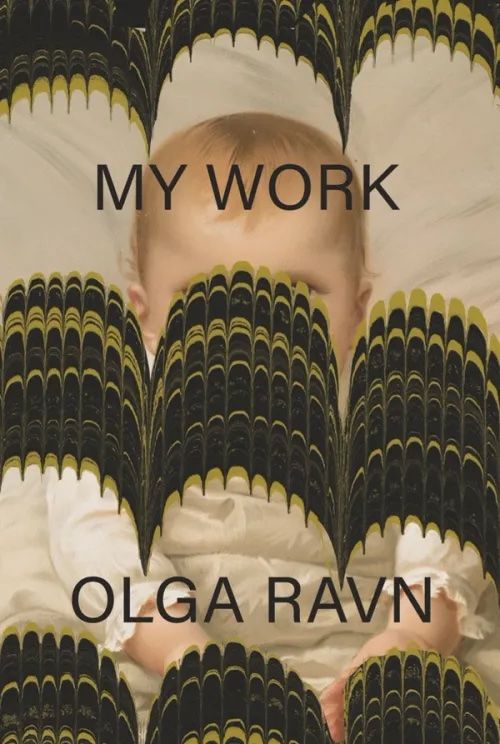
My Work by Olga Ravn, translated by Sophia Hersi Smith and Jennifer Russell
The Employees by Olga Ravn and translated by Martin Aitken, was one of my favorite books of last year, so I was thrilled to hear about Ravn’s new novel about motherhood. In My Work, a young writer, Anna, writes a diary or journal of sorts about her pregnancy and mental health post-delivery. Blending prose, poetry, diary entries, medical notes, and script, among other forms, this genre-defying novel is a fascinating and ambitious exploration of pregnancy, motherhood, labor, and art. In the hands of translators Sophia Hersi Smith and Jennifer Russell, this intimate masterpiece is a triumph. (New Directions, October 10)
And don’t miss Bathhouse and Other Tanka by Tatsuhiko Ishii, translated by Hiroaki Sato. (New Directions, November 7)
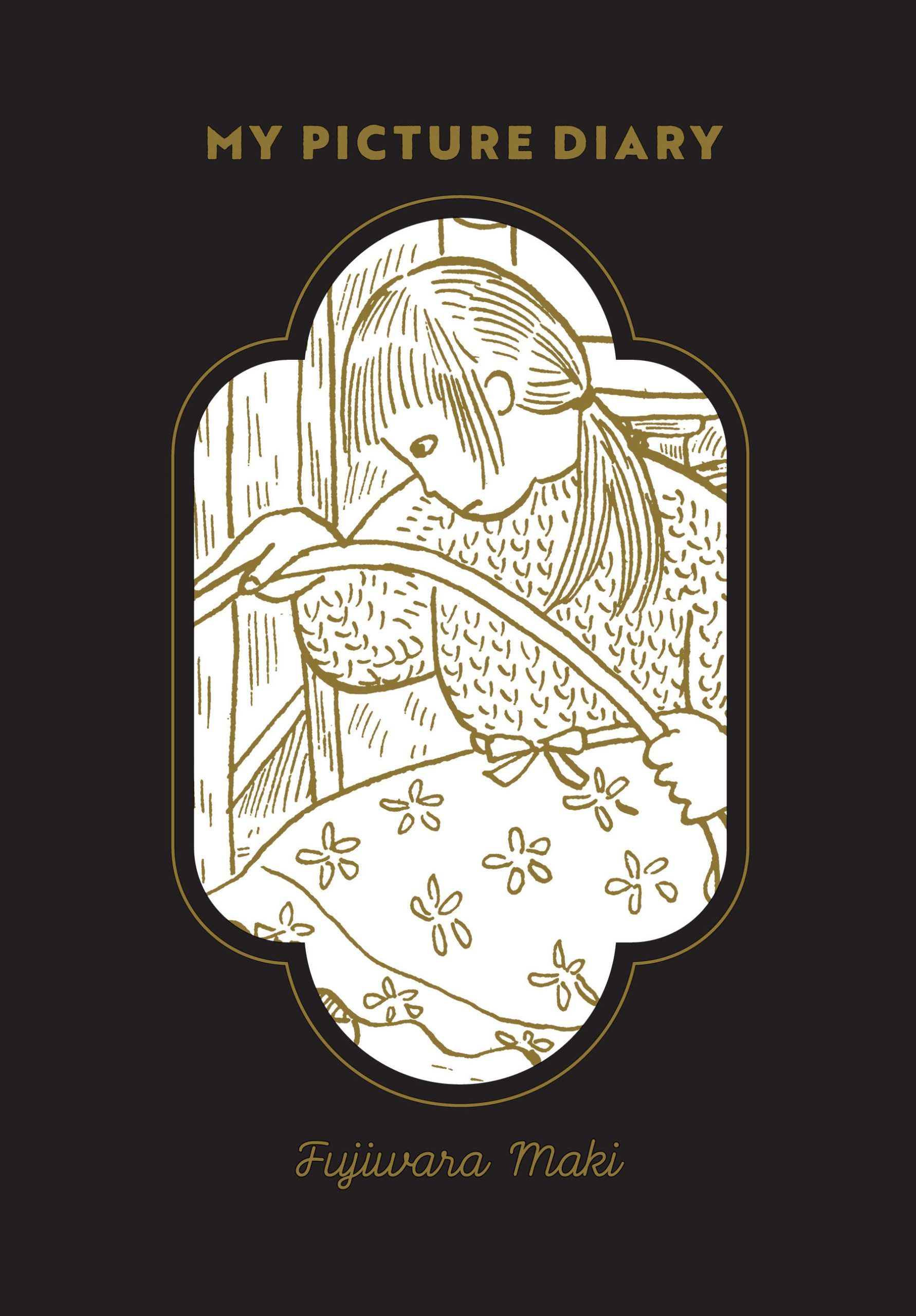
My Picture Diary by Fujiwara Maki, translated by Ryan Holmberg
Fujiwara Maki was a manga artist, a writer, and an avant-garde actress in the Japanese underground theatre scene. But her accomplishments are more often eclipsed by her position as the wife of legendary manga artist Tsuge Yoshiharu. My Picture Diary was published in Japan in 1982 and is now finally available in an English translation. The diary details a year in the life of Maki, her husband, and their young son. The diary entries portray both a simple story of family life — bike rides, back to school, and bath time — and a powerful critique of the patriarchal systems that Maki struggled against. Her struggles were both external, as a female artist in the male-dominated Japanese counterculture and alt-manga scenes, and internal, exhausted by the sole ownership of household chores and childcare. This important work of reclamation puts her own fascinating career and influence on display. I’m grateful to the award-winning translator and historian Ryan Holmberg and the publisher for bringing this book and their other recent offerings by women in translation, like Talk to My Back by Yamada Murasaki and The Sky is Blue with a Single Cloud by Kuniko Tsurita, to readers. (Drawn & Quarterly, September 19)
And don’t miss Nejishiki by Yoshiharu Tsuge, translated by Ryan Holmberg. (Drawn & Quarterly, October 3)
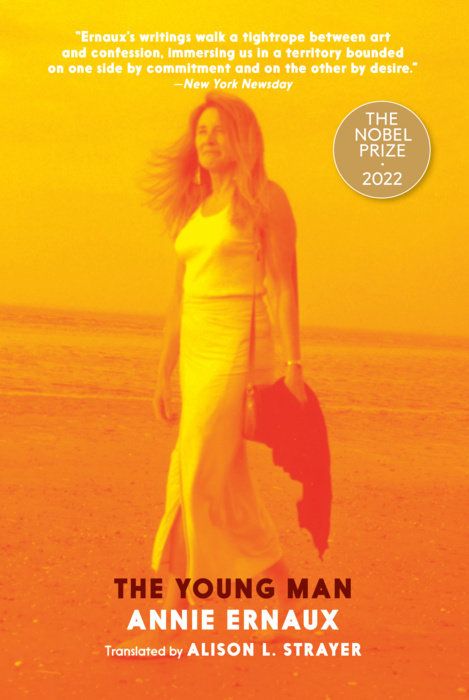
The Young Man by Annie Ernaux, translated by Alison L. Strayer
Annie Ernaux was awarded the 2022 Nobel Prize in literature for the “courage and clinical acuity with which she uncovers the roots, estrangements, and collective restraints of personal memory.” Ernaux is the author of over 30 works of fiction and memoir and is considered by many to be one of France’s most important literary voices. Newly available in English in a stunning translation by Alison L. Strayer, The Young Man is an account of Ernaux’s love affair when she was in her 50s with a man 30 years her junior. Like in her novel Simple Passion and the nonfiction account Getting Lost, both where she details a different affair with a married Soviet diplomat, Ernaux’s brilliance is in her musings, and in The Young Man, she meditates on youth, desire, and time. As always, with Ernaux, there is an intense intimacy, a relentless honesty, that makes you feel alive. (Seven Stories Press, September 12)
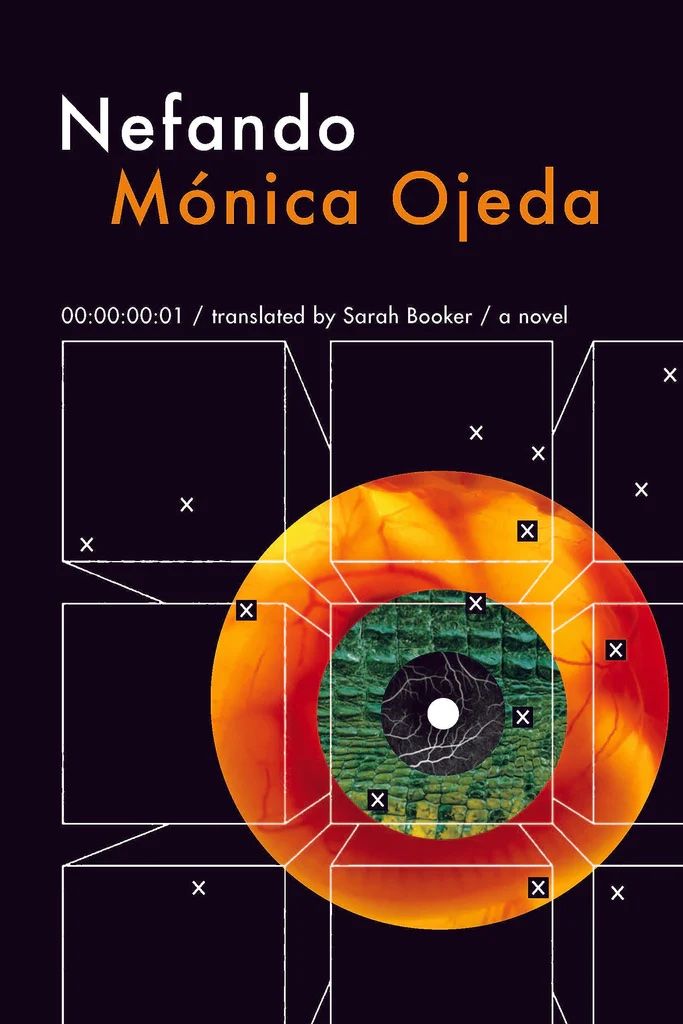
Nefando by Mónica Ojeda, translated by Sarah Booker
Ecuadorian writer Mónica Ojeda was included on the Bógota39 list of the best 39 Latin American writers under 40 in 2017, and in 2019, she received the Prince Claus Next Generation Award. Her English-language debut, Jawbone, also translated brilliantly by Sarah Booker, was a chilling nightmare of girlhood and adolescence, full of body horror, pleasure, and pain, and went on to receive critical acclaim. In this follow-up, she brings her brand of intense psychological horror to the world of technology as the lives of six roommates revolve around a disturbing video game. (Coffee House, October 24)
And don’t miss The Devil of the Provinces by Juan Cárdenas, translated by Lizzie Davis. (Coffee House, September 12)
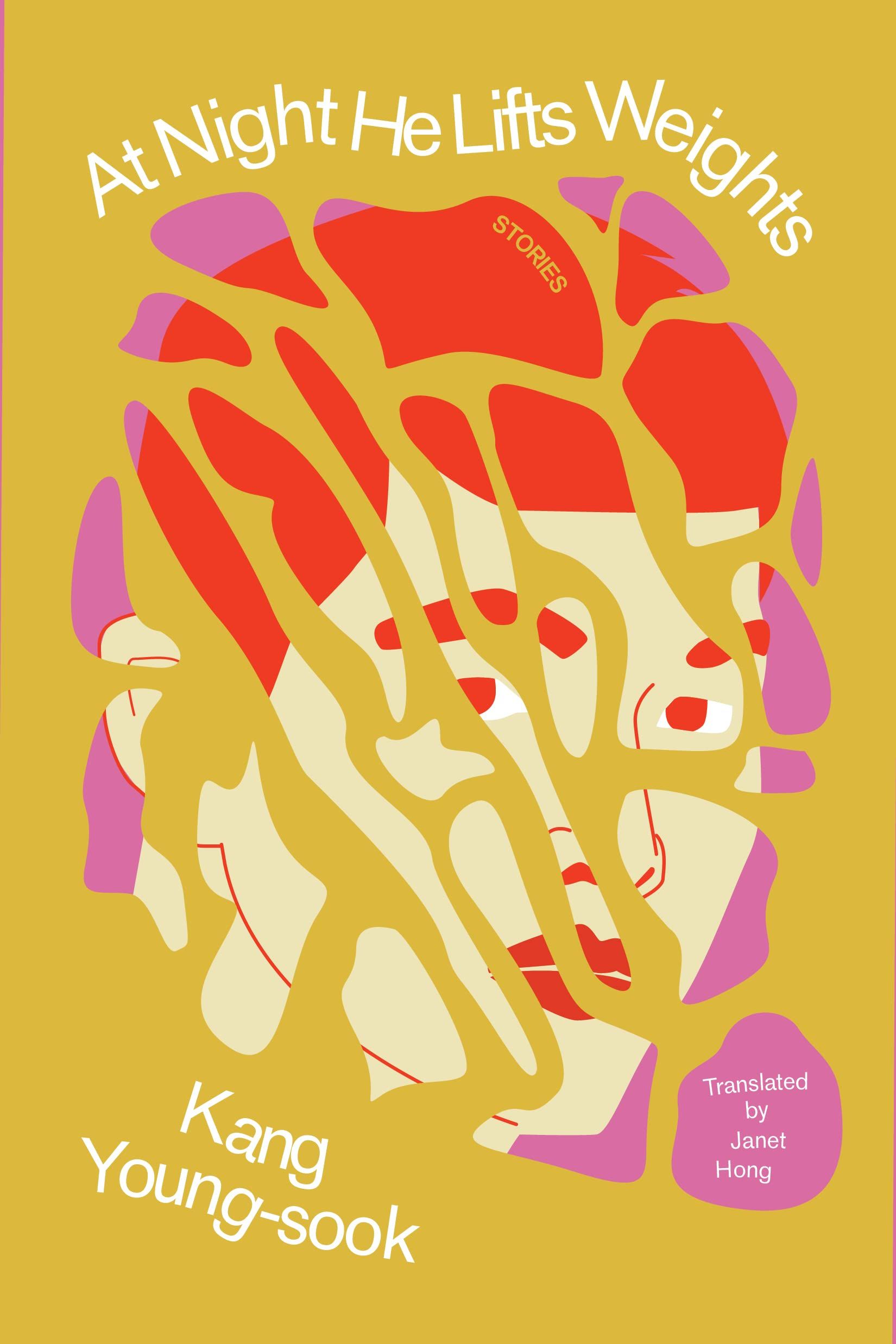
At Night He Lifts Weights: Stories by Kang Young-sook, translated by Janet Hong
Kang Young-sook is an award-winning author of many novels and short story collections and currently teaches creative writing at Korea National University of Arts. This short story collection is her first to be translated into English by none other than the brilliant Janet Hong. I’m a great admirer of Hong’s translations of the short stories of Ha Seong-Nan and numerous graphic novels by Keum Suk Gendry-Kim, Yeong-Shin Ma, and Ancco, among others. Perceptive and subversive, the stories in At Night He Lifts Weights vary in tone and genre, but each is singularly captivating, swirling around themes of loss — ecological destruction, loneliness, and death. Each has a subtle illusion of calm that conceals what lies below in the unnerving depths. (Transit Books, November 14)
And don’t miss A Shining by the newly announced 2023 Nobel Prize Winner Jon Fosse, translated by Damion Searls. (Transit Books, October 31)
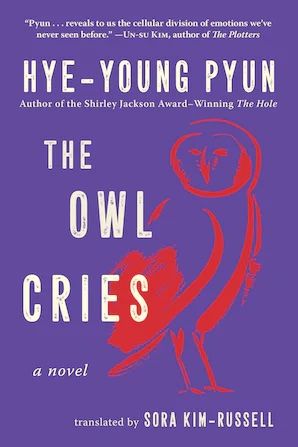
The Owl Cries by Hye-Young Pyun, Translated by Sore Kim-Russell
In this intense, psychological thriller, park ranger In-su Park decides to search for a missing man in the woods after a series of bizarre incidents, including discovering a mysterious note left on his desk that says, “The owl lives in the forest.” Just like in their Shirley Jackson Award–winning The Hole, Hye-Young Pyun and translator Sora Kim-Russell create a fast-paced and all-consuming story with an unusual narrator. In-su Park searches desperately for the missing man while also discovering more than he’d like in the forest, the people around him, and in himself. A novel of secrets, isolation, and pain, The Owl Cries is another tightly executed feat of writing. (Arcade, October 3)
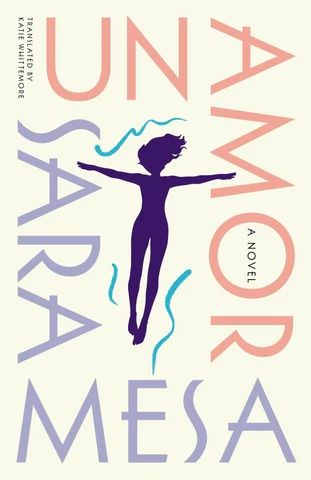
Un Amor by Sara Mesa, translated by Katie Whittemore
I adored Sara Mesa’s sharply written and atmospheric novel of power, privilege, and violence, Four by Four — also translated by Katie Whittemore — and was interested to see this new novel explore many of the same themes. In Un Amor, a young woman arrives in a rural Spanish village to work on her first literary translation, but interactions with the locals quickly become complicated. There is a sustained tension in this atmospheric novel as Mesa explores language and power again but in a different, and maybe even more unsettling location than her last novel. It brings to mind the quiet horror of Marie NDiaye’s That Time of Year, translated by Jordan Stump, and so many other novels of the outsider. This bestselling novel has also just been turned into a film directed by Isabel Coixet. (Open Letter, November 21)
And don’t miss The Culture of Lies by Dubravka Ugresic, translated by Celia Hawkesworth. (Open Letter, September 26)
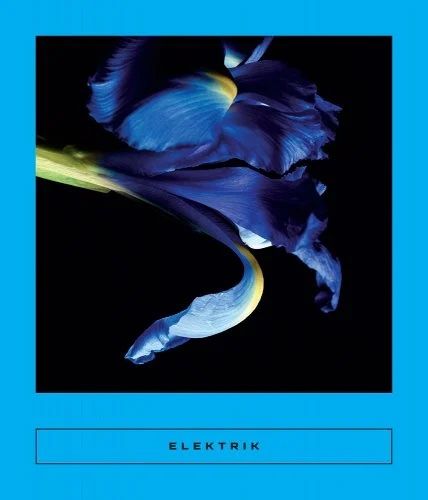
Elektrik: Caribbean Writing by Marie-Célie Agnant, Kettly Mars & Others, translated by Danielle Legros Georges, Lucy Scott & Others
I’ve loved the Calico series from Two Lines Press since its inception. The series presents vanguard works of translated literature in vibrant, strikingly designed editions. Each year, they publish two new titles in the Calico series, and each is as good, if not better than the last. Ranging from speculative Chinese fiction to Arabic poetry, Swahili fiction, and more, each book in the series is built around a theme and captures a thrilling and unique moment in international literature. “The Caribbean echoes like a lost world,” writes Mireille Jean-Gilles in Eric Fishman’s translation as she and the other women writers in Elektrik write poignantly about their identity and the Caribbean — the memories, pleasures, traumas, and “lightning visions” of their home. I was especially enamored with the visceral poetry of Haitian writer Marie-Célie Agnant included in the collection, translated in all of its strength and haunting beauty by Danielle Legros Georges. (Two Lines, September 26)
And don’t miss So Many People, Mariana by Maria Judite de Carvalho, translated by Margaret Jull Costa. (Two Lines, October 10)
For more incredible new releases in translation from this year, check out this list of Hot Summer 2023 New Releases by Women in Translation.
As always, you can find a full list of new releases in the magical New Release Index, carefully curated by your favorite Book Riot editors, organized by genre and release date.
